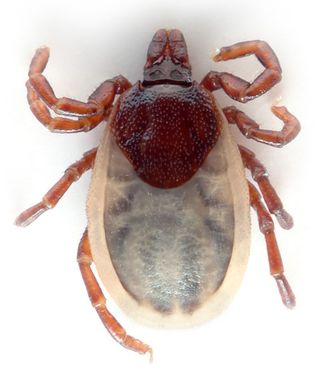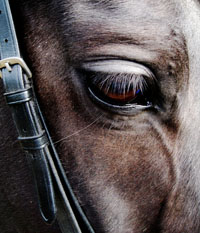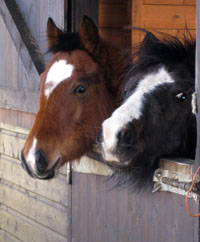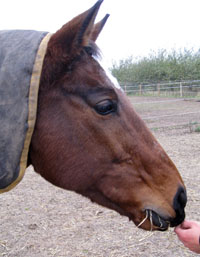 Piroplasmosis can affect horses, dogs, cows and humans it is a tick borne disease caused by two single-celled (protozoal) organisms, Theileria equi (T. equi) and Babesia caballi (B. caballi).
Piroplasmosis can affect horses, dogs, cows and humans it is a tick borne disease caused by two single-celled (protozoal) organisms, Theileria equi (T. equi) and Babesia caballi (B. caballi).
Most prevalent during August to October Equine Piroplasmosis is a potentially life threatening illness. Currently the UK is considered free of the disease but it is endemic in many countries, the tick population is increasing in the South East of England and imported equines from Europe and other countries that may be carriers of the disease do make the UK vunerable.
Because Equine Piroplasmosis is rare in the UK we may not be familiar with the symptoms and valuable time may be lost in beginning treatment, diagnosis is made via blood tests.
Once an infected tick has bitten the horse, it can take 7 to 22 days for
the babesia to incubate.
- Fever
- Rapid shallow breathing
- Depression
- Weakness
- Immobility and reluctance to move
- Bodily swelling
- Jaundice
- Bloody urine
- Lack of bowel/bladder function
Urgent veterinary treatment is required, Equine Piroplasmosis affects the heart, liver and kidneys and because of similarity of the clinical signs it can be confused with laminitis, colic or azoturia so ask for blood tests.
Treatment is with anti-protozoan drugs combined with supportive drugs for any affected organs, a blood transfusion is necessary.
Sometimes horse appear to have recovered after treatment to have the symptoms re-appear after 7 – 10 days.
The following information on nursing has been gathered by Equine Rescue France to help owners:
- Make sure the horse is kept warm and dry.
- Feeds should be low protein. Many owners have had success feeding very wet bran mashes, so wet the horse is almost drinking the mash, this has helped to restore bowel function.
- Do not add salt.
- Horses should be offered tepid water that has been sweetened a little.
- If the horse is unable to move the head and neck due to swelling food and water should be offered by hand.
Image of tick: Aka via Wikipedia Commons licensed under the Creative Commons Attribution-Share Alike 2.5 Generic



